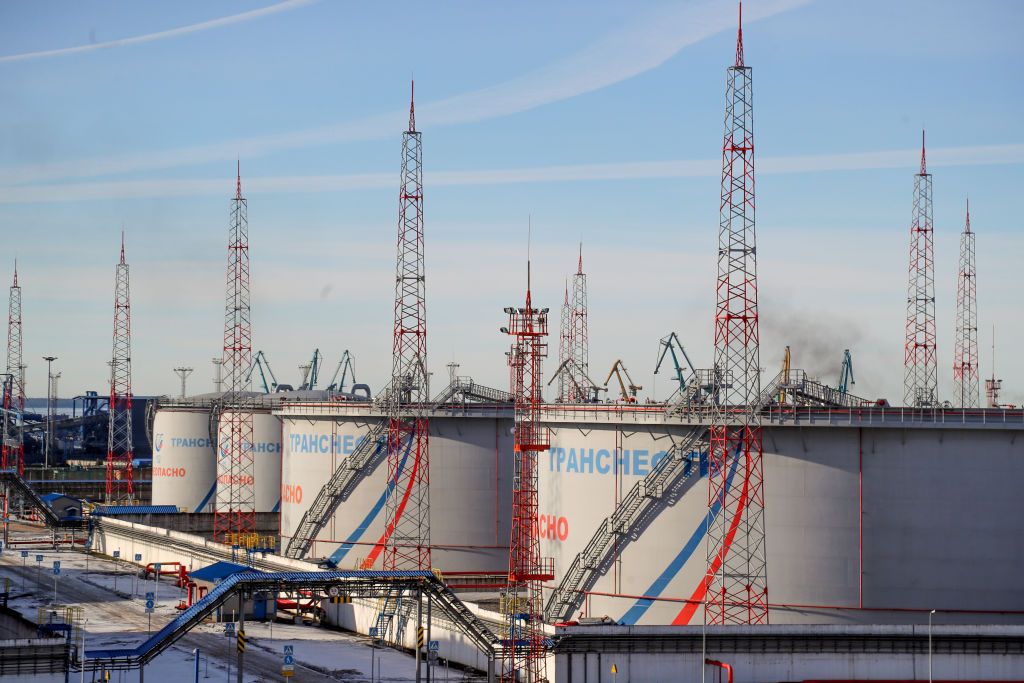Hungary signs its biggest-ever Western gas deal with Shell, but refuses to quit Russian supply

Shell signed a 10-year natural gas supply agreement with Hungary's MVM CEEnergy on Sept. 9, Hungarian Foreign Minister Peter Szijjarto said, according to Reuters.
This is Budapest's largest and longest deal with a Western energy provider, though Szijjarto said Russian gas imports will continue.
Under the contract, Shell — the world's biggest liquefied natural gas (LNG) trader — will deliver around 200 million cubic meters (mcm) of gas annually to MVM starting in January 2026. The LNG will be shipped via Croatia's Krk terminal, regasified, and then delivered through the Hungary-Croatia pipeline.
Hungary consumes about 8 billion cubic meters of gas each year and remains the European Union's biggest buyer of Russian gas. Most EU countries have sharply reduced imports from Moscow following its full-scale invasion of Ukraine in 2022.
Szijjarto welcomed the Shell contract, calling it "the largest volume and longest western supply contract ever." He made clear that Russian supplies, mainly via Gazprom (state-controlled Russian energy corporation) through the Turkstream pipeline, will not be replaced.
"With this, are we going to be able to live without Russian gas? No, because of geographical and infrastructural conditions," Szijjarto said. "Not until we have proper infrastructure development in the region."
Hungary has deepened purchases from Russia in recent years, importing some 5 billion cubic meters of gas via Turkstream by late August, according to Reuters. Szijjarto earlier this year rejected European Commission proposals to phase out Russian imports, aligning with Slovakia.
The new Shell deal builds on a six-year contract signed in 2020 that provided Hungary with 250 mcm of LNG annually between 2021 and 2027.
The agreement comes amid renewed tensions between Hungary and Ukraine over energy security.
Last month, Ukrainian drone strikes on Russian oil facilities temporarily disrupted operations on the Druzhba pipeline, which delivers Russian crude directly to Hungary and Slovakia. The halt underscored Budapest's heavy reliance on Moscow for energy.
President Volodymyr Zelensky suggested on Aug. 24 the future of Druzhba could hinge on Hungary's stance toward Ukraine's bid to join the European Union, remarks that drew a sharp rebuke from Szijjarto.
"We urge Volodymyr Zelensky to stop threatening Hungary and to stop risking our energy security," Szijjarto said in response.
Hungary has repeatedly opposed EU efforts to impose stricter sanctions on Russian energy and has threatened to block Kyiv's accession path to the bloc.











